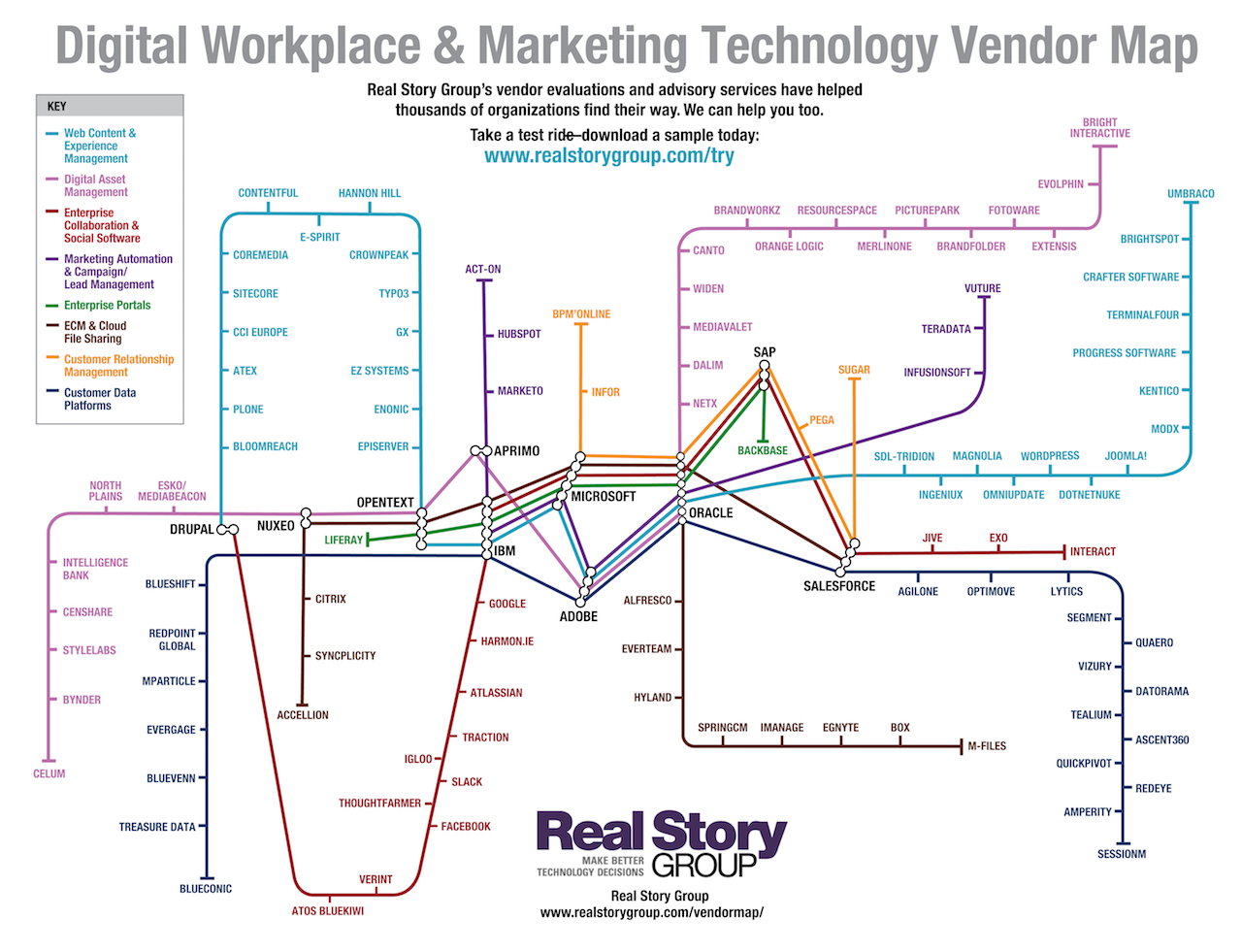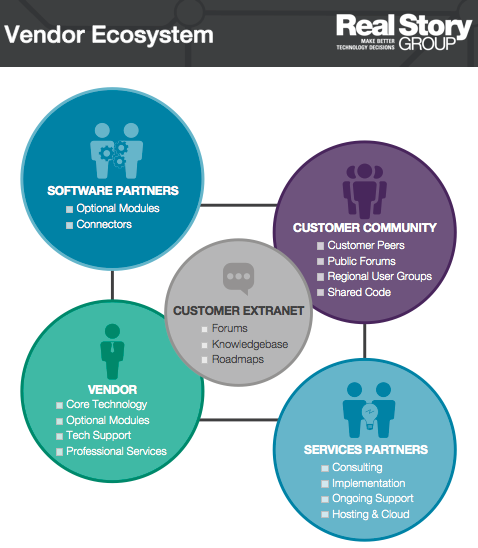Small is not beautiful for the newly public Jive
Jive software announced its 2011 financial results this week. Although our 360-degree vendor evaluations dwell at length on the products and real-world customer experiences, we also keep an eye on vendor financials to understand their stability and viability, and raise red flags if required. But in general we leave poring over the vendor financial statements to your in-house finance experts.
Having said that, Jive’s earnings release is interesting for a couple of reasons:
- They’re the first pure-play social technology vendor to go public
- Jive management discussed their results and strategy for the first time since their IPO in December.
Here, I won’t dwell on how they fared financially but will only focus on implications for you as a potential buyer of collaboration / social software.
Buoyed by the cash infusion from the IPO, Jive is significantly ramping up its sales and marketing resources, and their game plan is to land more big-ticket deals from the big fish (i.e., large enterprises). At least at this stage, Jive does not seem to think “small is beautiful,” so if you’re a mid-sized business or otherwise have a more modest social initiative, you should note this in drawing up your vendor shortlists. Ideally, you’d want a vendor for whom you are important or otherwise a good fit size-wise. Not to worry there: the collaboration / social software marketplace features many interesting vendors who gladly welcome the small or mid-sized customer.
Jive also announced partnerships with more large systems integrators. Among others, Accenture, Capgemini, CSC, HP, Logica, Infosys, Sapient, et. al. now can help implement Jive software for you. These represent formidable and sizable integrators, and if you’re a large enterprise, that’s likely a positive, since most probably your procurement team prefers established SIs. But as a general rule, the overheads of large systems integrators make sense only if the deal size rises above a particular threshold (usually millions rather than thousands). This further supports my contention that Jive is opting out of the sub-enterprise market.
On a different note, Jive says that more enterprises are procuring social software using the RFP route. That's a very good thing. But if you’re pursuing that route, don’t just rely on checklist feature matrices, but make sure that you ask vendors to demonstrate how their technology works for your scenarios as part of the evaluation process. We’d be happy to help whether you’re a small business or a large one.







